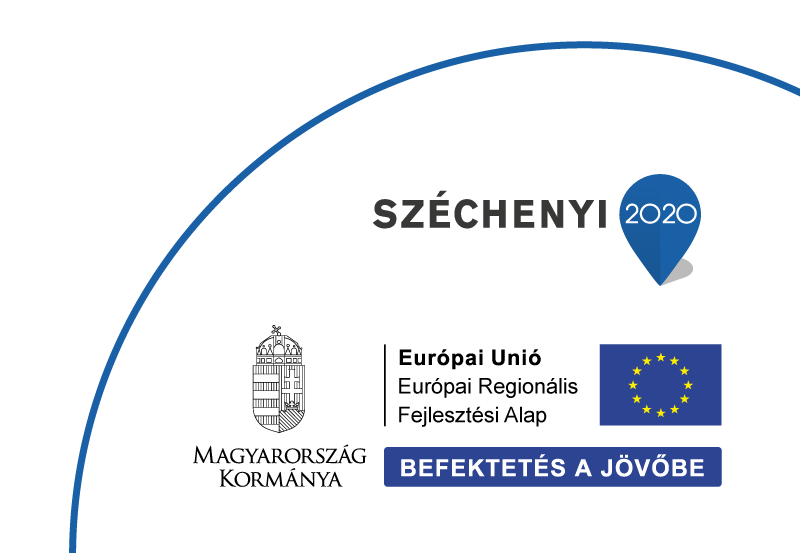 |
Témafelelős | Dr. Zoltán Szűcs |
| Téma jellege | Fiatal kutatói téma |
During investigations with radioisotopes, the substance delivered to the body consists of three main parts: radioisotope, chelating agent and bioactive molecule. The job of chelating agent is to bind the radioisotope and prevent it from being accidentally scattered throughout the body. Another function is to attach to the target bioactive molecule. Continuous improvement is necessary for chelators.
In this research work, the task is to determine the optimal circumstances for labeling of the 3,6,9,15-Tetraazabicyclo[9.3.1]pentadeca-1(15),11,13-triene-3,6,9-triacetic acid (PCTA) analogue ligands prepared at the University of Debrecen with a manganese-52 radioisotope. In the knowledge of the optimal conditions, tests will be carried out with a custom-made bioactive molecule (affibody) sensitive to the HER-2 receptor of prostate and breast cancer cells. By means of a MiniPET (small animal Positron Emission Tomograph) camera, it can be observed in cell cultures and pets if the product really binds to cells with HER-2 receptors and the radioisotope is not released in the body.
 Magyar
Magyar
